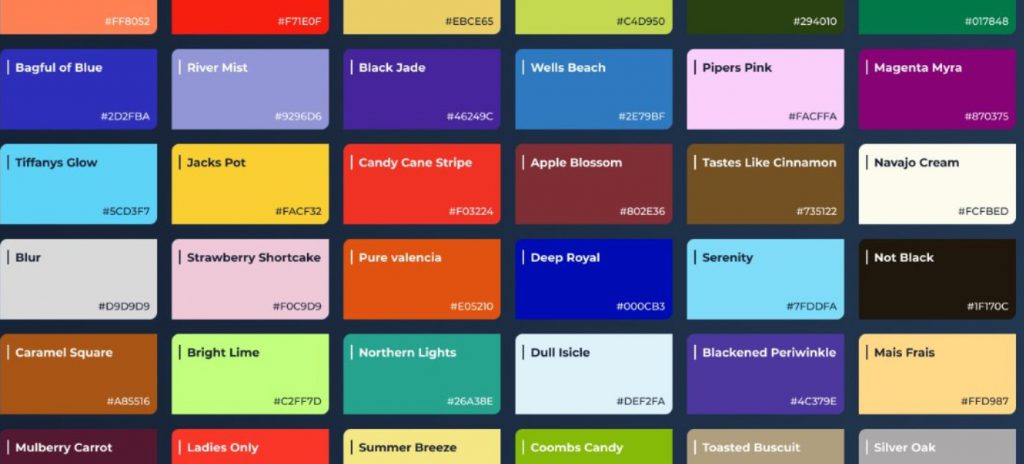[Featured Content]
Over the past couple of years, we begin to see a massive wave of digitalization where artists around the world try to take advantage of the world wide web. That’s only natural – it expands their reach unmeasurably.
Despite being in a relatively nascent stage, the field of cryptocurrencies has also had a considerable impact on art – especially on visual art – through the recent explosion of non-fungible tokens (NFTs).
Art is subjective, and, perhaps, that’s where its beauty lies. Everyone interprets art differently, and not only that, but we interpret it differently based on our current emotional standings and conditions. What can be a cheerful song one day can easily be a depressing one the other if the conditions changed dramatically. The same thing can be said about paintings.
And when speaking of visual art, one of the fundamentals of every creation, if drilled down to the bedrock of it, is the underlying colors.
This is where BitColors comes into the picture – stripping off the unnecessary and placing the attention on things that matter – fundamentals. Placing the attention where it matters, the project has already inspired the creation of an NFT comics collection called Journey of Stardust.
In addition to that, there are certain collections, such as Romanus Numerus, Butterflies Museum, The Hours, and so forth, that are already using BitColors. So, without any further ado, let’s dive in.
What is BitColors?
The core concept behind BitColors circles around the tokenization of 1,000 unique and handcrafted colors while also allowing users to own the rights assigned to them.
In essence, this creates a lot of different use cases as the owners of BitColors NFTs can own, trade, and potentially do with them whatever they see fit. The interesting thing is that colors are used in so many different things in many aspects of our daily lives. Yet, people fail to consider the option of actually being the owner of a color.
The team behind the project aims to bring a different form of utility when it comes to owning NFTs. Instead of placing the focus on vanity and artificial ‘rarity traits, their focus is to provide something completely different.
1K Colors: How Does it All Work?
As explained above, the team behind the project has created 1,000 unique colors – they haven’t been in existence before. The idea behind the limitation is to create a sense of scarcity.
The latter comes from the holders themselves rather than through some rarity tools or other third-party solutions. In essence, by buying an NFT that represents the color and the underlying rights to use it, the owner can potentially dictate the use cases of this particular color.
To further popularize the project and get more recognition, the team behind BitColors plans to build relationships with various entities and artists to broaden the reach of the collection.
In a sense, new colors that are further tokenized through NFT tokens can, potentially, introduce a lot of interesting opportunities because the demand for colors is virtually endless. It’s also something different in a sea of NFT projects where the majority of them focus on rarity traits that may or may not be.
Binance Free $100 (Exclusive): Use this link to register and receive $100 free and 10% off fees on Binance Futures first month (terms).
PrimeXBT Special Offer: Use this link to register & enter POTATO50 code to get 50% free bonus on any deposit up to $1750.


